The purchase price of sunflower seeds Bigs refers to the cost incurred when acquiring sunflower seeds from Bigs, a well-known supplier in the agriculture industry. Understanding and evaluating the purchase price is crucial for businesses involved in sunflower seed products. Additionally, investing in training programs is essential to enhance operational efficiency and productivity in the sunflower seed industry. 1. Evaluating the Purchase Price of Sunflower Seeds Bigs: 1.1 Product Quality: The purchase price of sunflower seeds should be analyzed in relation to the quality provided by Bigs. Quality assessment should include factors like freshness, consistency, and appearance of the seeds. 1.2 Quantity: Businesses need to consider the volume they require and whether the purchase price is aligned with the quantity being offered. Bulk buying may offer cost advantages based on economies of scale. 1.3 Negotiation: Negotiating the purchase price is a crucial aspect of securing the best deal with Bigs. Businesses should explore opportunities for discounts based on factors such as buying in bulk, loyalty programs, or signing long-term contracts.

nut
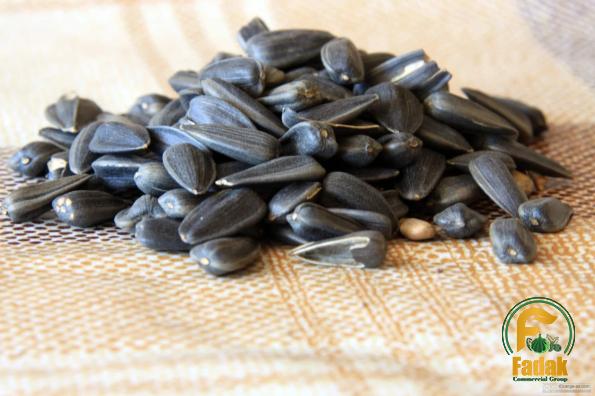 1.4 Market Analysis: Conducting market research and analysis is vital to determine if the purchase price is competitive relative to other suppliers in the industry. Comparing prices among multiple suppliers helps in understanding the market dynamics. 1.5 Cost-Benefit Analysis: Businesses must conduct a thorough cost-benefit analysis to determine if the purchase price offered by Bigs aligns with the value and benefits received. This analysis ensures that businesses are making financially viable decisions. 2. Importance of Training in the Sunflower Seed Industry: 2.1 Enhancing Productivity: Training programs play a pivotal role in improving the overall productivity of employees in the sunflower seed industry. Proper training equips workers with the necessary knowledge and skills to perform their tasks efficiently, resulting in increased output and fewer errors. 2.2 Quality Control: Training programs help maintain and improve product quality by educating employees on best practices, quality standards, and quality control measures. This ensures that sunflower seeds meet the required standards, improving customer satisfaction and loyalty. 2.3 Safety Precautions: The sunflower seed industry can involve hazards, such as accidents related to machinery or high-pressure processing. Training programs are essential in educating employees about safety protocols and minimizing the risk of accidents. 2.4 Innovation and Adaptation: Training programs enable employees to stay updated with industry trends, technological advancements, and innovative farming techniques. This helps businesses adapt to changing market demands and stay competitive in the industry.
1.4 Market Analysis: Conducting market research and analysis is vital to determine if the purchase price is competitive relative to other suppliers in the industry. Comparing prices among multiple suppliers helps in understanding the market dynamics. 1.5 Cost-Benefit Analysis: Businesses must conduct a thorough cost-benefit analysis to determine if the purchase price offered by Bigs aligns with the value and benefits received. This analysis ensures that businesses are making financially viable decisions. 2. Importance of Training in the Sunflower Seed Industry: 2.1 Enhancing Productivity: Training programs play a pivotal role in improving the overall productivity of employees in the sunflower seed industry. Proper training equips workers with the necessary knowledge and skills to perform their tasks efficiently, resulting in increased output and fewer errors. 2.2 Quality Control: Training programs help maintain and improve product quality by educating employees on best practices, quality standards, and quality control measures. This ensures that sunflower seeds meet the required standards, improving customer satisfaction and loyalty. 2.3 Safety Precautions: The sunflower seed industry can involve hazards, such as accidents related to machinery or high-pressure processing. Training programs are essential in educating employees about safety protocols and minimizing the risk of accidents. 2.4 Innovation and Adaptation: Training programs enable employees to stay updated with industry trends, technological advancements, and innovative farming techniques. This helps businesses adapt to changing market demands and stay competitive in the industry.
Specifications of nut
 2.5 Employee Engagement and Retention: Investing in training programs demonstrates a commitment to employee development, leading to increased engagement and satisfaction. Well-trained employees are more likely to stay with the company, reducing turnover costs and preserving institutional knowledge. 2.6 Compliance with Regulations: Training programs ensure that employees are aware of and adhere to regulatory requirements in the sunflower seed industry, including compliance with food safety regulations and labeling standards. 3. Effective Training Methods: 3.1 Onboarding Programs: Implementing comprehensive onboarding programs ensures new employees receive the necessary training and information required for their roles. This includes knowledge about the sunflower seed production process, quality control measures, and workplace safety protocols. 3.2 Hands-on Training: Hands-on training allows employees to gain practical experience in sunflower seed handling, processing, and packaging. This method helps employees develop necessary skills and familiarizes them with different tasks involved in sunflower seed operations. 3.3 E-Learning and Online Platforms: Leveraging e-learning platforms and online training modules can be cost-effective and accessible for employees. Interactive courses and assessments allow employees to learn at their own pace, ensuring knowledge retention and ease of continuous learning.
2.5 Employee Engagement and Retention: Investing in training programs demonstrates a commitment to employee development, leading to increased engagement and satisfaction. Well-trained employees are more likely to stay with the company, reducing turnover costs and preserving institutional knowledge. 2.6 Compliance with Regulations: Training programs ensure that employees are aware of and adhere to regulatory requirements in the sunflower seed industry, including compliance with food safety regulations and labeling standards. 3. Effective Training Methods: 3.1 Onboarding Programs: Implementing comprehensive onboarding programs ensures new employees receive the necessary training and information required for their roles. This includes knowledge about the sunflower seed production process, quality control measures, and workplace safety protocols. 3.2 Hands-on Training: Hands-on training allows employees to gain practical experience in sunflower seed handling, processing, and packaging. This method helps employees develop necessary skills and familiarizes them with different tasks involved in sunflower seed operations. 3.3 E-Learning and Online Platforms: Leveraging e-learning platforms and online training modules can be cost-effective and accessible for employees. Interactive courses and assessments allow employees to learn at their own pace, ensuring knowledge retention and ease of continuous learning.
buy nut
 3.4 External Training Workshops: Arranging external training workshops, seminars, or conferences provides employees with exposure to industry experts and the opportunity to learn about the latest trends, techniques, and technologies in the sunflower seed industry. 3.5 Cross-Training and Job Rotation: Cross-training employees on various tasks and rotating them through different roles allows for a broader understanding of the sunflower seed production process. This enhances flexibility and improves organizational resilience. Conclusion: Evaluating the purchase price of sunflower seeds from Bigs involves considering factors such as product quality, quantity, negotiation opportunities, market analysis, and conducting a cost-benefit analysis. On the other hand, implementing comprehensive training programs in the sunflower seed industry is essential to enhance productivity, maintain quality standards, ensure employee safety, foster innovation, and comply with regulations. Employing various training methods, such as onboarding programs, hands-on training, e-learning platforms, external workshops, and cross-training, can lead to a skilled and engaged workforce in the sunflower seed industry. By effectively evaluating purchase prices and investing in training, businesses can enhance their competitiveness and success in the sunflower seed market.
3.4 External Training Workshops: Arranging external training workshops, seminars, or conferences provides employees with exposure to industry experts and the opportunity to learn about the latest trends, techniques, and technologies in the sunflower seed industry. 3.5 Cross-Training and Job Rotation: Cross-training employees on various tasks and rotating them through different roles allows for a broader understanding of the sunflower seed production process. This enhances flexibility and improves organizational resilience. Conclusion: Evaluating the purchase price of sunflower seeds from Bigs involves considering factors such as product quality, quantity, negotiation opportunities, market analysis, and conducting a cost-benefit analysis. On the other hand, implementing comprehensive training programs in the sunflower seed industry is essential to enhance productivity, maintain quality standards, ensure employee safety, foster innovation, and comply with regulations. Employing various training methods, such as onboarding programs, hands-on training, e-learning platforms, external workshops, and cross-training, can lead to a skilled and engaged workforce in the sunflower seed industry. By effectively evaluating purchase prices and investing in training, businesses can enhance their competitiveness and success in the sunflower seed market.
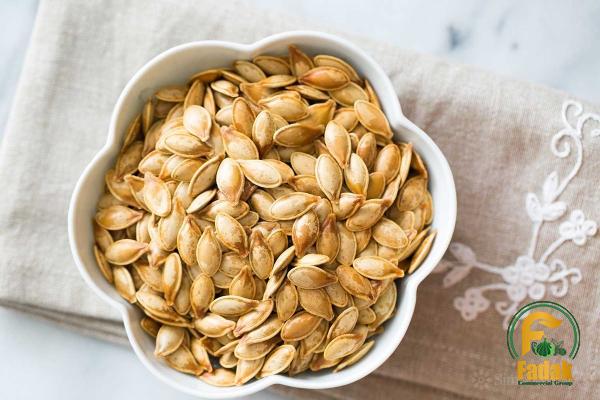
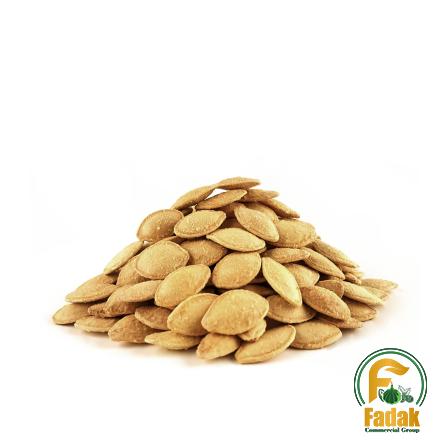
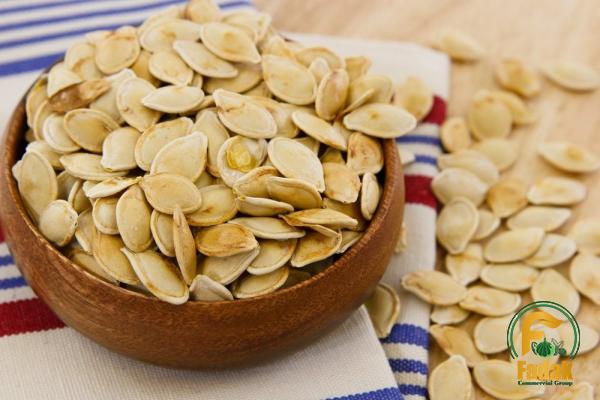
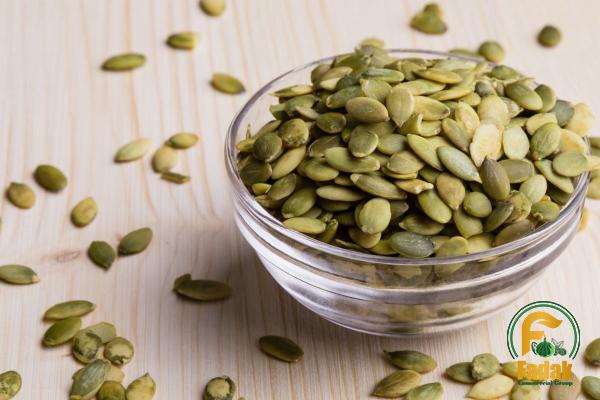
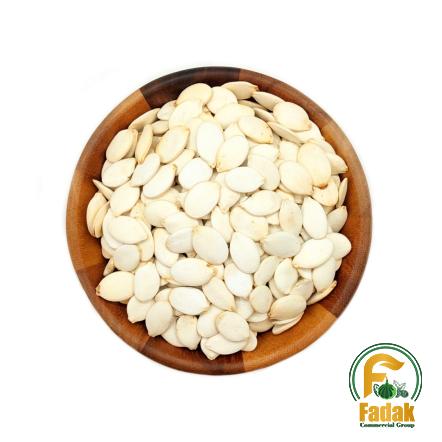
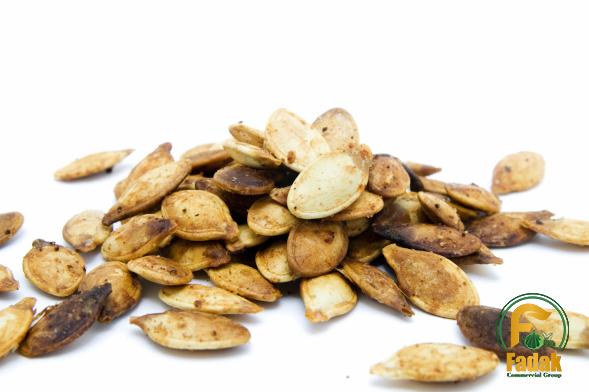
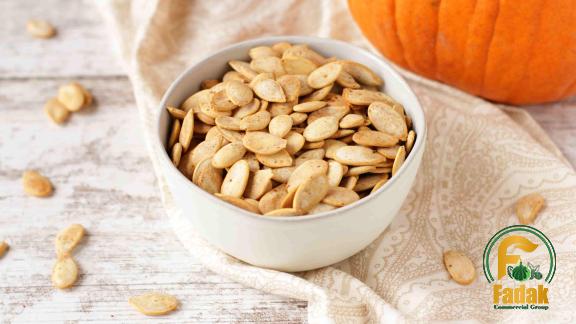
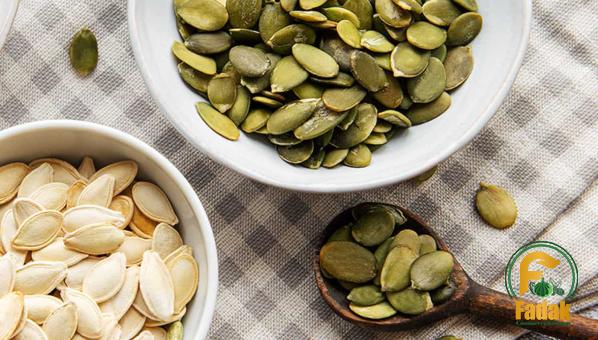
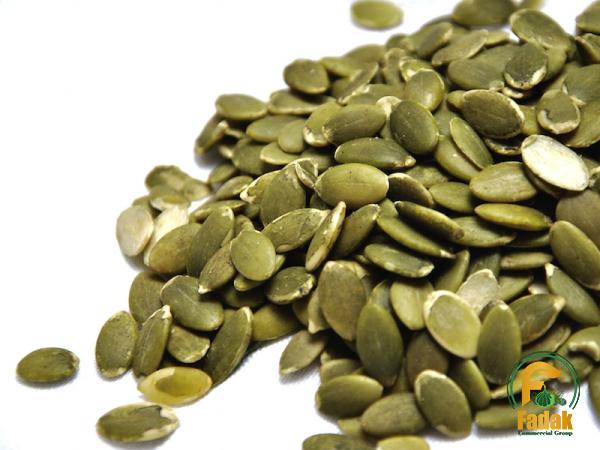

Your comment submitted.